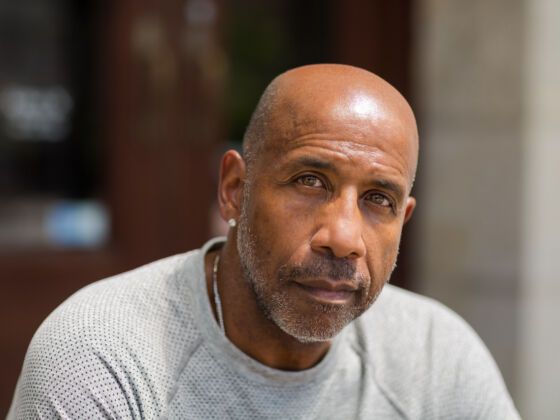I’VE SCRAMBLED ON SLICK ROCK, hauled myself up talus slopes, I’ve hiked in air so thin that I could only take a few steps at a time, I’ve dragged myself around the perimeter of the cabin compound in which I lived, so racked by arthritis that each step took my breath away. And, as the news came in from Dallas, I remembered the hardest walking I have ever done.


I was not alone. Fifty or more peace and justice activists walked slowly out onto the main street of Rochester, New York on a bleak spring morning. We had come to march in a Memorial day parade in which a few dozen Viet Nam veterans and our slim ranks were the only participants.
All the other veterans had refused to march when the parade committee agreed to let the Rochester Women’s Action for Peace walk in memory of those who had died fighting wars. For fathers. For husbands. For wives. For sisters. And in hope we would not ever have to march in regret and grief for sons or daughters. Only the Viet Nam vets, so much closer to real war than any of us, were willing to let us be their companions.
The night before the march a man called the police and told them he was a skilled sniper and would be in one of the tall office buildings lining the route. He would, he said, “Take out one of those peace bitches.”
Our organizers decided to leave the decision to march up to the marchers. As we gathered next morning in the soft gray rain, they told us of the threat.
Mothers called partners. The children were taken home. The rest of us, all of us, stood in a circle and waited. Perhaps a few walked away. Now, remembering, it seems not.
A drummer from the Buddhist temple began a slow beat. I remember we had worn our most respectful clothes, the drummer in saffron, the rest of us in suits and heels, rainhoods pulled over our heads against the chill. The drummer stepped out.
I watched woman after woman file in behind him. I looked up at the dark buildings, at the cold glint of a thousand windows. I knew that if I didn’t follow the woman next to me, I would not be able to live with myself, and that would be a death of a different kind. A half-life in service to fear. A death in life.
I have hiked thousands of miles since then, climbed talus slopes I thought would not end, but never, not before, not since, have I ever walked a distance longer than those ten or twelve blocks.
There was no music except for the slow beat of the drum. A hundred or so people stood on the streets. Some wore black armbands. Some held flags. Some raised their hands in silent peace signs. Others deliberately turned their faces away. The veterans walked a block ahead of us—out of respect for their older comrades’ choice to shun the parade.
The drumbeat pulled us forward. A woman threw back her hood. Then another. I took hold of mine and followed suit. The first instinct was to duck, as though the waterproof cloth had been a bullet-proof shield. We held our heads high. I felt the back of my neck, my forehead—the space where my heart kept time with the drum—as I’d never felt them before.
There were no shots. One by one, each woman stepped over the crosswalk that marked the end of the parade. We waited in silence for our companions. Ahead of us, the veterans did the same.
Only later did we women seem to find our voices. Our laughter. Our tears of grief, and of joy at being alive, at understanding a tiny measure of what so many in the world, and those men who had marched before us, might once have felt.
Terror. Shaky resolve. The real possibility of blood, of agony, of a friend’s brains splattered on your sleeve. Walking point in a real war. Over and over again. In step with your companions. And from now on, any of us who step out in a peaceful march will walk with that same not-knowing.